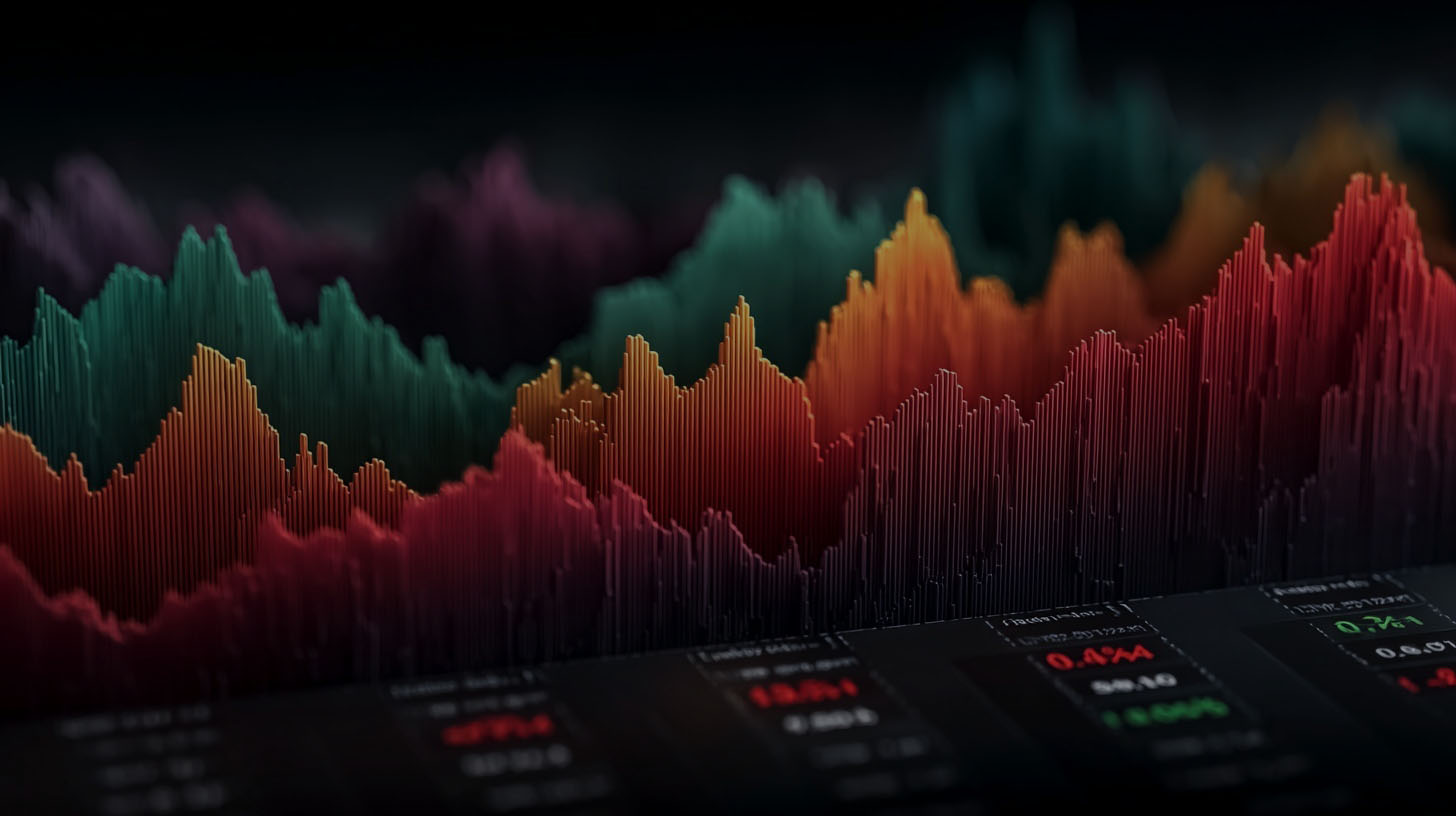A pivotal day for clean energy, AI-driven infrastructure, and advanced mobility as global markets react to policy, innovation, and economic headwinds.
At a glance – The past 24 hours have seen a confluence of market volatility and sectoral momentum across clean technology, distributed energy, and advanced mobility. Global indices opened mixed, with US pre-market indicators reflecting investor caution amid ongoing tariff debates and shifting regulatory signals. Asia Pacific continues to dominate clean technology deployment, accounting for over half of global revenue in 2024, while India is projected to lead growth through 2030. The clean technology market, valued at $916.2 billion in 2024, is expected to nearly double by 2030, driven by renewable energy, storage, and electrification trends. Meanwhile, the US faces a unique inflection point as the incoming administration signals potential changes to climate and energy policy, creating uncertainty but also opportunity for agile innovators. The day’s trading reflects heightened sensitivity to economic releases, with consumer sentiment swinging on the latest inflation and employment data, and investors closely watching for signals from the Federal Reserve and global central banks.
Technology advance – In technology, the integration of artificial intelligence into energy and mobility systems is accelerating. AI-powered real-time energy forecasting and grid optimization are now central to managing the surging power demand from data centers, EV charging, and electrified manufacturing. Solid-state batteries, hydrogen fuel cells, and battery-as-a-service models are gaining traction, addressing cost and range concerns in electric transportation. Notably, the green mobility sector is projected to reach $33 billion by 2030, buoyed by record investments in electric vehicles, battery storage, and charging infrastructure. Marine technology is also advancing, with new electric propulsion systems and green shipping solutions entering commercial trials, while marine renewables such as tidal and wave energy are attracting fresh venture capital. The reemergence of water treatment and conservation technologies, powered by AI-enabled monitoring and advanced membranes, highlights the sector’s expanding scope and its intersection with climate resilience.
Partnerships – Strategic alliances are reshaping the competitive landscape. In the last day, a major US utility announced a joint venture with a leading AI firm to deploy advanced grid modernization solutions, leveraging machine learning for predictive maintenance and outage prevention. In Europe, a consortium of automotive, battery, and logistics companies launched a cross-border initiative to standardize EV charging protocols and accelerate the rollout of commercial electric fleets. The marine sector saw a landmark partnership between a Scandinavian shipbuilder and a Japanese conglomerate to co-develop hybrid-electric propulsion systems for green shipping corridors. These collaborations underscore the growing recognition that sectoral boundaries are blurring, with distributed energy, transportation, and digital infrastructure converging to meet the demands of a decarbonizing economy.
Acquisitions/expansions – Mergers and acquisitions continue to drive sector consolidation and expansion. In a headline deal, a global energy major acquired a US-based battery storage startup for $1.2 billion, signaling the strategic importance of storage in balancing intermittent renewables and supporting grid reliability. Meanwhile, a leading EVTOL (electric vertical takeoff and landing) manufacturer announced plans to expand its US production facility, backed by a $500 million investment round led by sovereign wealth funds. In the marine renewables space, a European utility finalized the purchase of a tidal energy technology provider, aiming to scale up pilot projects into commercial operations. These moves reflect the sector’s rapid maturation and the premium placed on scalable, bankable technologies capable of delivering both resilience and returns.
Regulatory/policy – Policy developments are front and center as the US prepares for a new administration, with signals of a potential rollback of certain climate incentives and a renewed focus on domestic energy security. The anticipated reduction in policy support is prompting clean tech companies to double down on market competitiveness and cost reduction. In Europe, new emissions standards for commercial fleets and shipping are set to take effect, spurring investment in zero-emission vehicles and green marine corridors. Meanwhile, China announced updated renewable energy targets and a streamlined permitting process for distributed solar and wind projects, aiming to sustain its leadership in clean energy deployment. Trade law developments, including ongoing US-EU tariff negotiations on critical minerals and battery components, are influencing supply chain strategies and raw material sourcing, with ripple effects across global markets.
Finance/business – Financial markets remain highly responsive to sector news and macroeconomic signals. The clean technology sector’s robust growth outlook—projected at a 12.7% CAGR through 2030—is attracting institutional capital, with recent funding rounds oversubscribed and several IPOs in the pipeline. However, volatility persists, with investor sentiment sensitive to inflation data, interest rate expectations, and geopolitical developments. Corporate earnings reports from leading clean tech, battery, and mobility firms highlight strong revenue growth but also margin pressures from supply chain disruptions and raw material price swings. Executive commentary emphasizes the need for continued innovation, operational efficiency, and strategic partnerships to navigate an increasingly complex and competitive landscape. The day’s market snapshot reveals a sector in transition: buoyed by technological progress and global demand, yet navigating policy uncertainty and economic headwinds that will shape the trajectory of clean energy, AI, and advanced mobility for years to come.
Sources: Deloitte Insights, Grand View Research, Cleantech.com, StartUs Insights, Reuters, Bloomberg, Financial Times, Nikkei Asia, S&P Global, Utility Dive, PoliticoPro, House.gov









